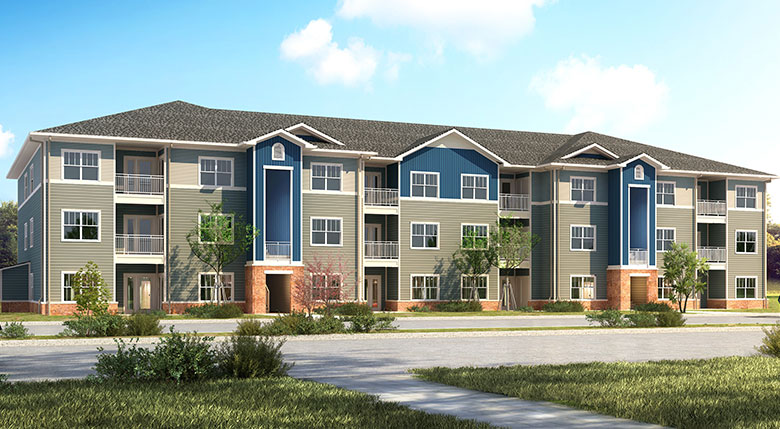Housing Programs
Both the Planning Division and the County Executive Office (CEO) are working to meet the housing needs for Ventura County residents.
Affordable Housing Assistance Programs
The County of Ventura currently offers the following housing incentive programs to promote the development of affordable housing. Many of these programs are state-mandated, and others were initiated by the County of Ventura to meet locally identified housing needs. This page will provide a brief overview of the options for affordable housing development and the various incentives available in the non-coastal area of the County. Many of these options are available for properties located in the coastal zone but may require a different permitting process. Please review the Coastal Zoning Ordinance for further details.
To view a current list of planning applications in process that may including housing projects in the County, please click here. However, most new housing is approved ministerially and would not be on this list.
1. Farmworker Housing
The Farmworker housing programs promote the development of housing for agricultural workers. There are two types of farmworker housing options: Farmworker and Animal Caretaker Units and Farmworker Housing Complex. To develop a Farmworker and Animal Caretaker Unit, an applicant will need to obtain ministerial permits, which are granted if certain thresholds are met (e.g., the property owner has 40 acres of irrigated cropland that would substantiate one ministerial farmworker dwelling unit). Farmworker Housing Complexes require a discretionary Planned Development Permit. Both types of farmworker housing entitlements require annual employment verification from the property owner that verifies that the approved units are being occupied by farmworkers or animal caretakers.
2. Accessory Dwelling Unit
An accessory dwelling unit, also known as a “granny flat” or “second dwelling unit,” is a permanent second unit with a full kitchen and bathroom on the same lot as the principal dwelling. An accessory dwelling unit permit can be obtained with either a Zoning Clearance or just a building permit, depending on the type of accessory dwelling unit that is being proposed.
Additionally, the Building and Safety Division developed standardized plans for accessory dwelling units and farmworker and animal caretaker dwelling units for property owners to utilize in developing these affordable housing types. The full plan sets are available at 700, 900, and 1,200 sq. ft. layouts here.
3. Density Bonus
Pursuant to state law, the Non-Coastal Zoning Ordinance includes provisions for density bonus and incentives for commercial and residential projects that propose affordable housing, childcare facility, housing for transitional foster youth, homeless and disabled veterans, senior housing, and/or land donations. If a project has any of these components, the applicant can request an increase in density on top of the maximum allowable density for the zone. State law requires this density increase to be based on a sliding scale and caps it at 35% additional density. However, the County allows for projects that are 100% affordable to apply for up to 50% additional density if they meet all provisions of Article 16 in the Non-Coastal Zoning Ordinance.
4. Residential High Density Zones
In 2011, the Board of Supervisors approved the rezoning of six lots to Residential High Density (RHD) zones. RHD-zoned lots allow for the development of ministerial multi-family residential developments through a Zoning Clearance. The proposed development must meet all the required standards specified in Non-Coastal Zoning Ordinance Section 8109-1.3, including a minimum density of 20 dwelling units per acre, as required by state law.
An applicant can submit a request for an RHD Zoning Clearance by following the procedures described here.
5. Affordability Requirement in the Piru Community
Pursuant to Piru Area Plan 3.4.2 (2), residential development within the Piru expansion area but outside the designated redevelopment area will ensure that 10.5% of the units will be maintained as affordable to low-income families. Covenants and restrictions shall be required to maintain affordability for a period of 45 years for ownership units and 55 years for rental units. Payment of in-lieu fees will be allowed only in cases where it can be shown by the applicant and determined by the County that actual construction of the units is unnecessary to meet the housing needs set forth in Figure 3.3.5-6 of the Land Use Appendix of the Ventura County General Plan.


